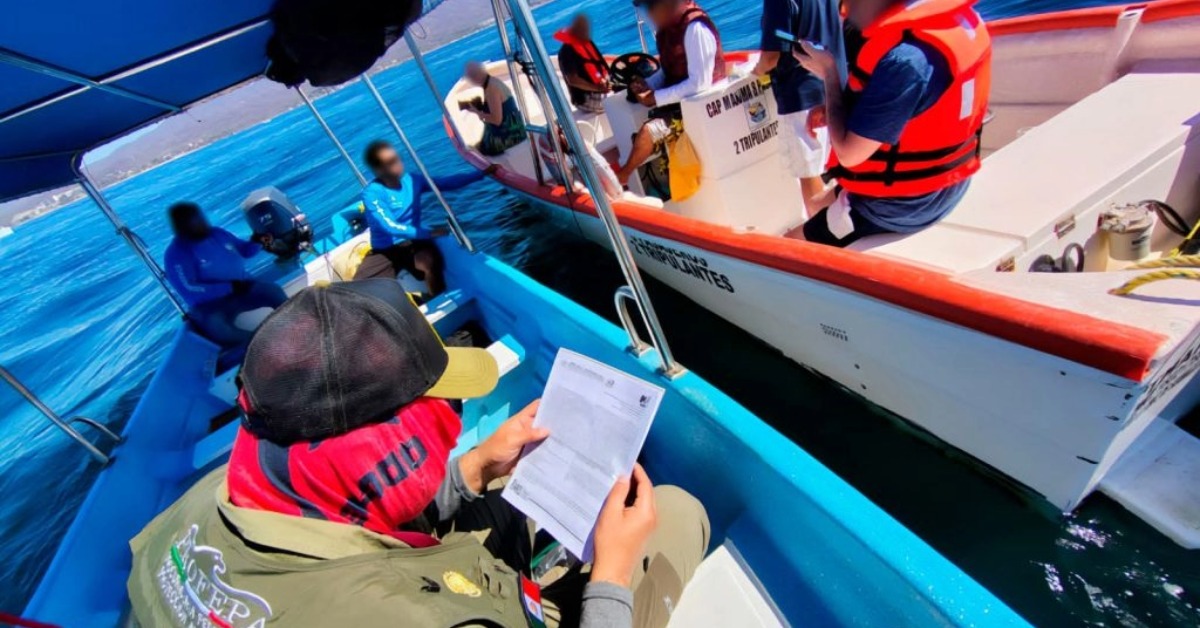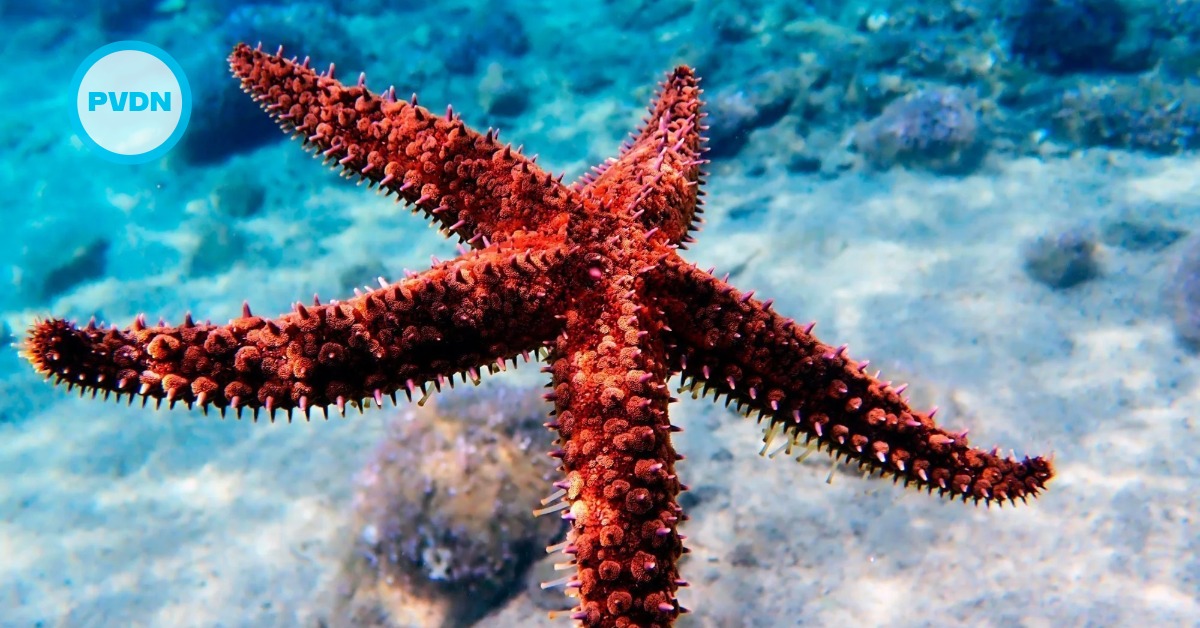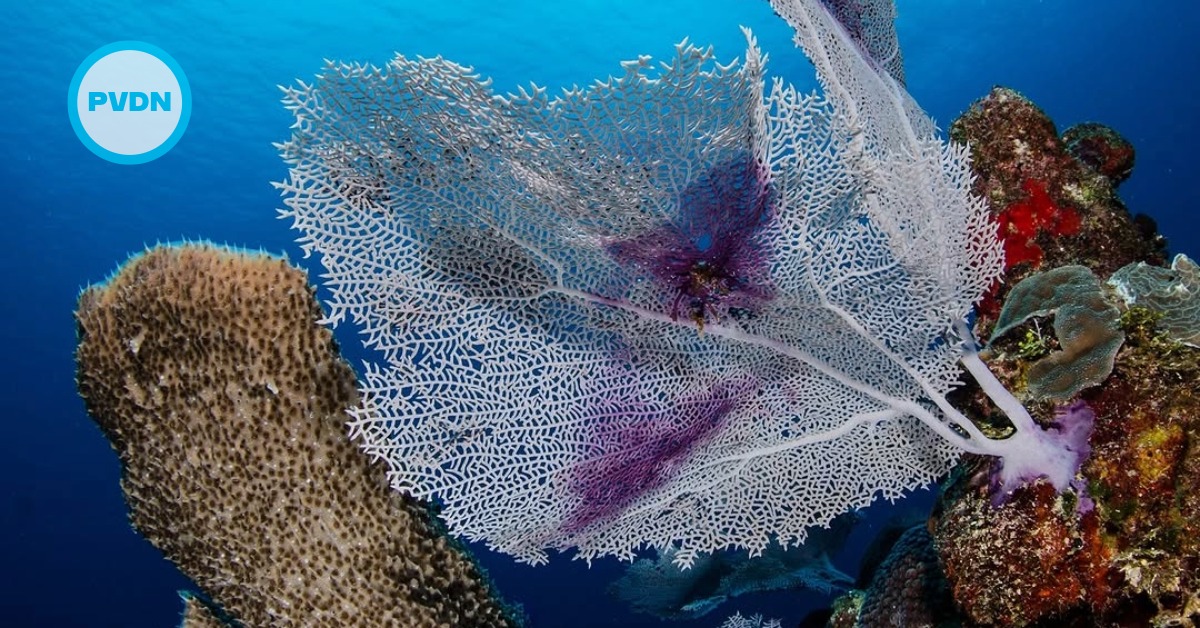Puerto Vallarta, Mexico - On Thursday, March 21, and Friday, March 22, more than 400 operators of humpback whale-watching tourism services attended mandatory refresher courses in preparation for the upcoming 2024-2025 season. The sessions, held in Bahía de Banderas and Puerto Vallarta respectively, aim to ensure sustainable and responsible whale-watching practices as the federal government plans to issue over 200 permits for the region starting December 8.






